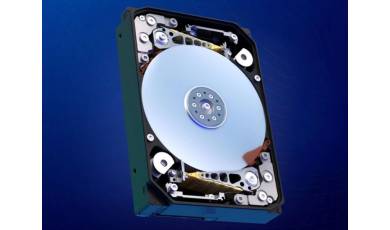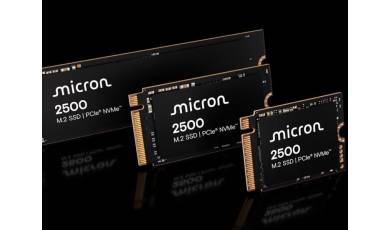DELL MYC8V M.2 512 GB Serial ATA III specs.
SSD Specs >> DELL >> DELL MYC8V M.2 512 GB Serial ATA III| Specifications | | | Reviews |
Features DELL MYC8V M.2 512 GB Serial ATA III
Data transfer rate:
6 Gbit/s
Component for:
Server/workstation
Interface:
Serial ATA III
SSD capacity:
512 GB
SSD form factor:
M.2
Reviews, Questions about DELL MYC8V M.2 512 GB Serial ATA III
Write Review / Ask a question about DELL MYC8V M.2 512 GB Serial ATA III
Popular today
Ruler: THNSNH GBST; Type: SSD; Support 4K: yes; Type flash memory: MLC; Purpose: laptop; Form factor HDD: 2.5"; Volume: 128 GB; The write/read speed: 471/534 MB; Connection: SATA 6Gb/s; External ...
Ruler: THNSNC GBSJ; Type: SSD; Support 4K: yes; Type flash memory: MLC; Purpose: laptop; Form factor HDD: 2.5"; Volume: 256 GB; The write/read speed: 180/220 MB; Connection: SATA 3Gb/s; External ...








